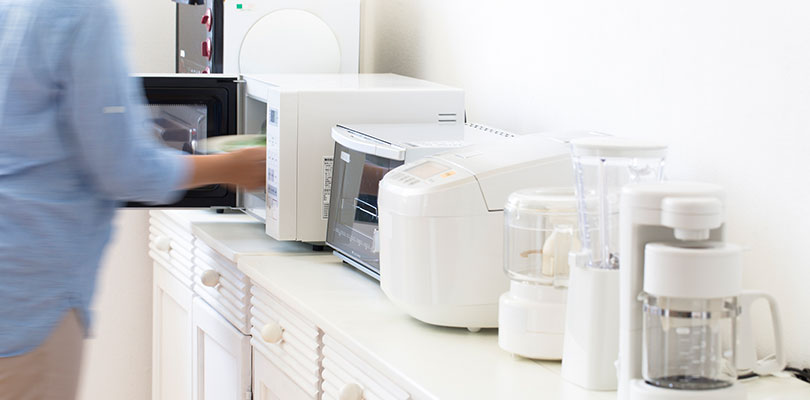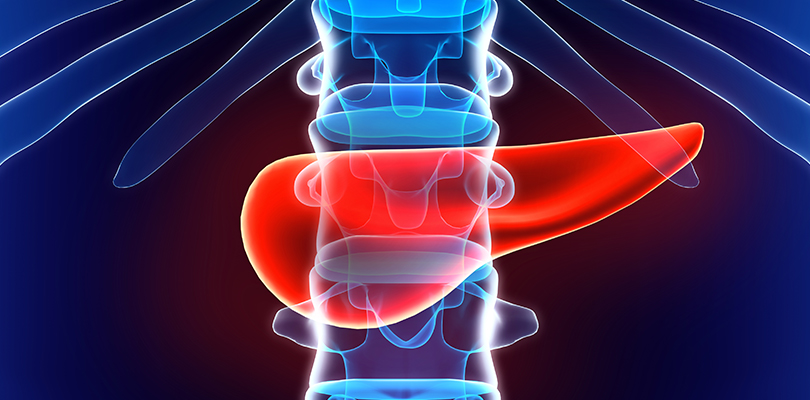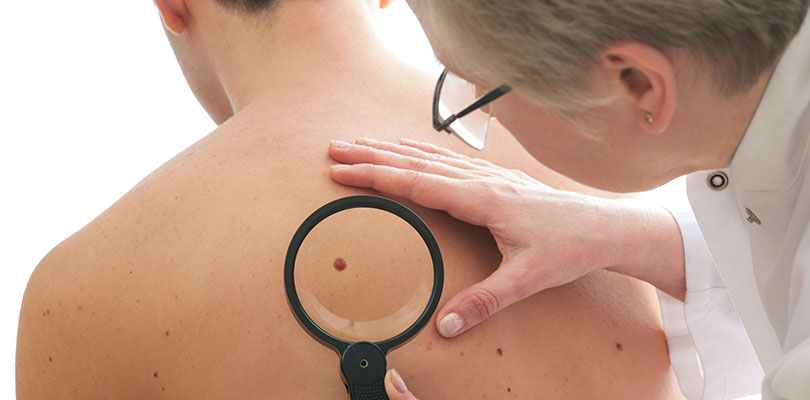
Photo Credit: Rawpixel Ltd / istockphoto.com
Stimulants and Drugs
Anything that changes your state of consciousness, perception, or physiology can have an impact on your physical health. Dangerous drugs have no place in a healthy lifestyle, but two commonly used substances are could also create some problems.
Marijuana
This herbs is grabbing headlines all over the world, and more patients are embracing the therapeutic effects of medical marijuana. Research is ongoing, and so far studies have returned promising results, but there are still concerns regarding long-term health consequences, including cancer.
When it comes to cancer, marijuana’s effects are not straightforward. On the one hand, smoking any substance (particularly when it’s wrapped in paper) creates all sorts of toxins and carcinogens to be inhaled — this is simply the result of combustion.
In turn, this puts your lungs at risk for chronic disease. On the other hand, recent research has strongly linked cannabinoids found in marijuana to pain relief, anti-inflammatory benefits, and relief from cancer side effects. These powerful compounds in marijuana have also been shown to kill cancer cells in a laboratory setting.
Coffee
Caffeine is the most commonly used stimulant, and coffee brings a host of positive effects (and some negative). When it comes to cancer, research suggests that coffee either has no impact or a positive one — it has been shown to protect against cancers of the endometrium, colon, breast, and esophagus, among others.
Health risks are few, and they tend to show up in heavy coffee drinkers. For instance, there is evidence to suggest that heavy coffee consumption might be linked to higher risk of lung cancer, although experts point out that many heavy coffee drinkers are also smokers.
In the end, coffee drinking does not seem to raise cancer risk, and may in fact protect your body from the disease.
Resources
American Cancer Society (Microwaves, Radio Waves, and Other Types of Radiofrequency Radiation)WebMD (Antiperspirants: Should You Sweat it?)Oncology Nutrition (Sugar and Cancer)BreastCancer.org (Eating Soy May Turn on Genes Linked to Cancer Growth)National Cancer Institute (Cannabis and Cannabinoids (PDQ) – Patient Version)Oncology Nutrition (Caffeine and Cancer)Chronic myelogenous leukemia is a type of slow-progression disease in which the bone marrow creates too many white blood cells.







